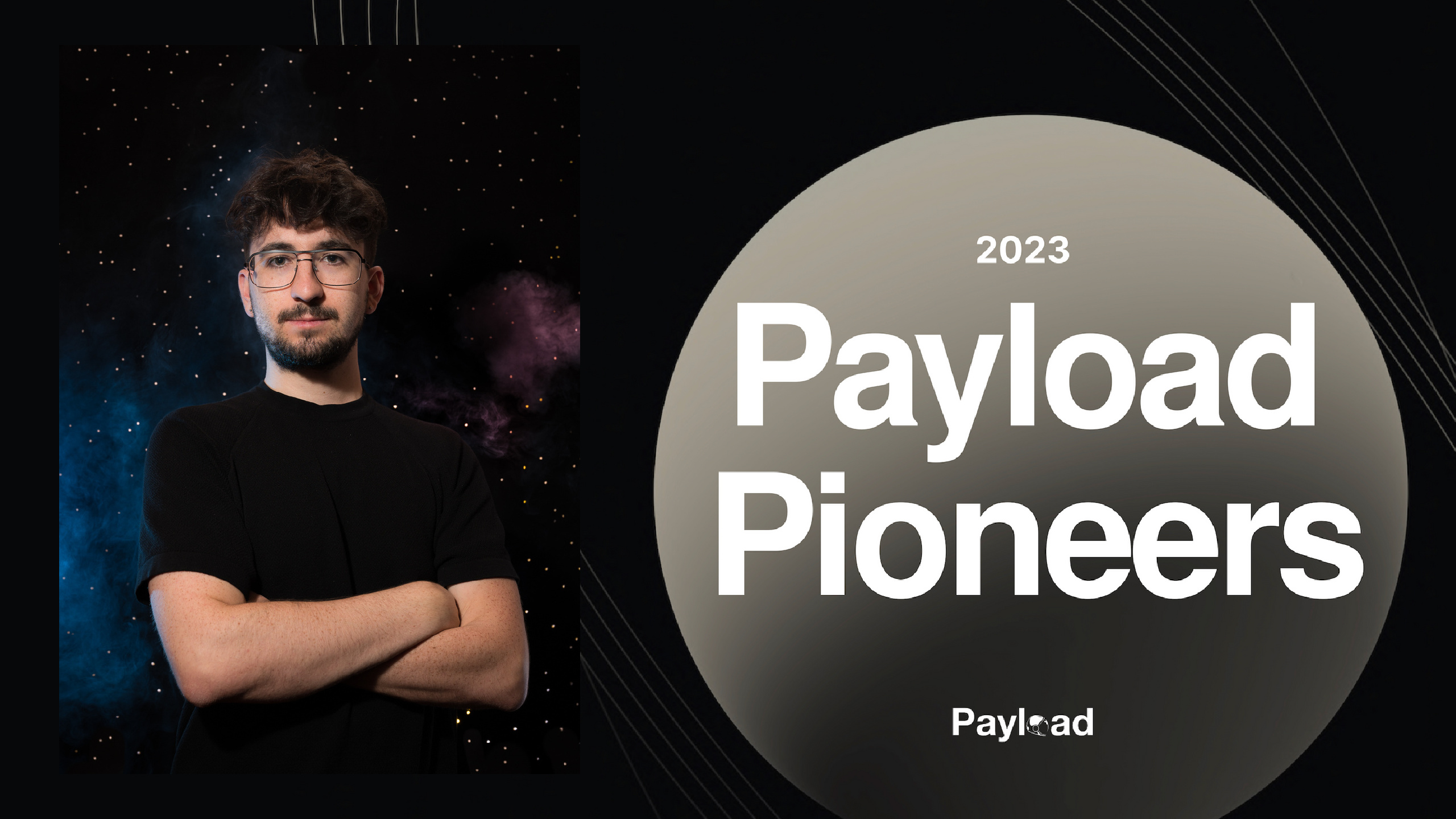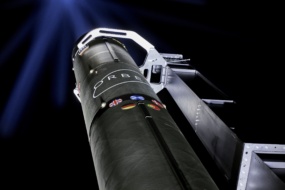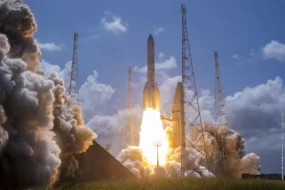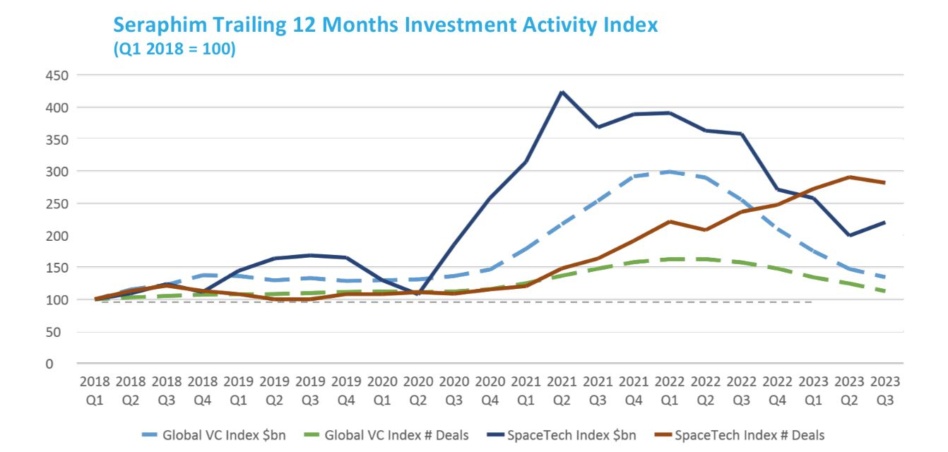Patrick Finley is building a bridge to connect academic aspirations with real-world aerospace innovations, making rocketry more accessible and tangible for the next generation.
At 23, Patrick Finley stands out as the founder of the Lander Challenge. The initiative seeks to encourage collegiate rocketry teams to pursue liquid rockets with re-use capability. Observing the industry’s shift since SpaceX’s Falcon 9, he believes it’s critical to provide students with practical exposure to reusable rocketry.
The experience: His foray into the aerospace domain began at Georgia Tech, where he immersed himself in diverse teams focused on robotics, race cars, and rocketry. He went on to intern at SpaceX, where he contributed to the Starship structures, including work helping SN5 hop.
The problem: Student engineering teams often need help to gain institutional support. “They wanted us back in class and not distracted,” Finley said. Negative pressure from the university, low funding, and ITAR-related legal pressure often led to student liquid rocket teams shutting down.
“Right now, even the ambitious young college prospect doesn’t think they can work on a self-landing rocket, even at the top most privileged schools,” he said
A path forward: The Lander Challenge will distribute $390,000 of prizes in the next few years, and awarded its first $15,000 prize to the Space Enterprise at Berkeley this month. The initiative promotes open-source collaboration and fosters an environment where students from varied disciplines can converge to innovate on liquid-fueled rockets.





